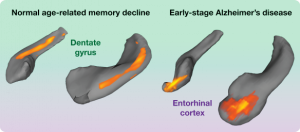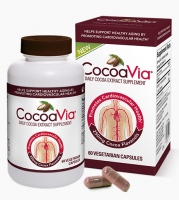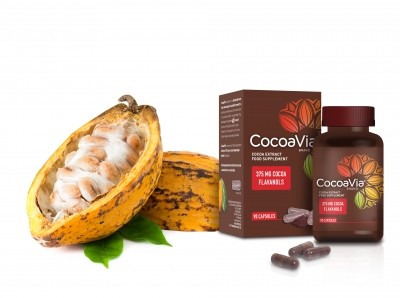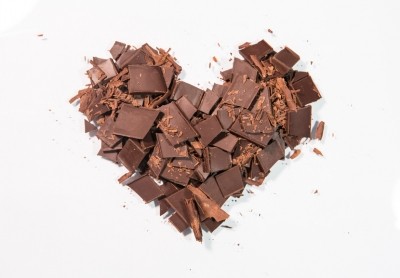Cocoa flavanols may reverse memory decline, but not in chocolate, says Mars-backed study
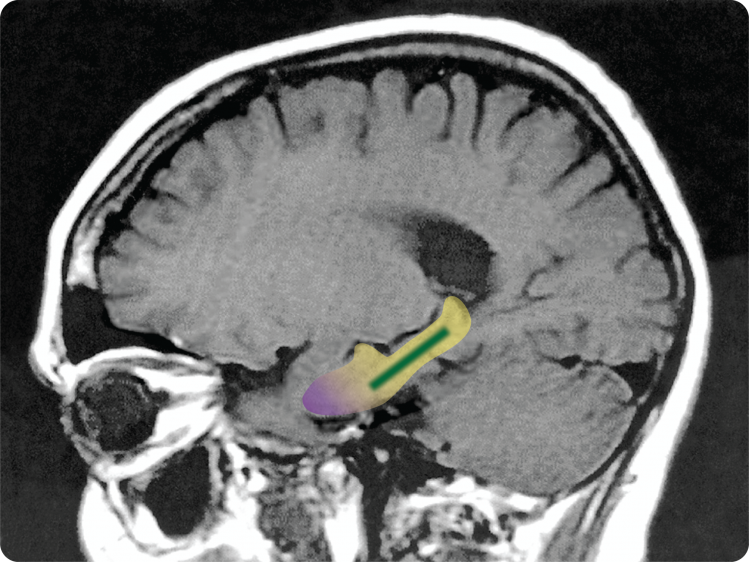
The study published in Nature Neuroscience by Mars’ Hagen Schroeter and scientists from Columbia University Medical Center (CUMC) and New York University confirmed that a specific part of the brain called the dentate gyrus was associated with age related memory decline and could be improved through dietary intervention with cocoa flavanols in a specially prepared drink.
Not enough cocoa flavanols in chocolate?
Scott A. Small of CUMC’s Taub Institute and another study author was asked in a video interview prepared by Columbia University if chocolate would produce the same effect.
“It is true that cocoa flavanols are found in chocolate however only in very small amounts. Consuming a lot of chocolate is simply bad for your health, so categorically not.”
The drink prepared by Mars for the study contained to 450 mg of cocoa flavanols per serving.
According to a 2003 analysis by the US Department of Agriculture (USDA), a typical 100 g bar of dark chocolate contains 53.49 mg of cocoa flavanols (41.50 mg of epicatechin and 11.99 mg of catechin). The same amount of milk chocolate contains an average of 13,35 mg (10.45 mg of epicatechin and 2.90 mg of catechin).
Age-related memory versus Alzheimer’s
Age-related memory decline impairs cognitive ability to remember things such as names of new acquaintances, but it is different from the more severe memory impairment that occurs with Alzheimer’s disease. The dentate gyrus related to age-related memory decline is distinct from the entorhinal cortex, the hippocampal region affected in early-stage Alzheimer’s disease.
High flavanol brands
However, Barry Callebaut produces a flavanol preserving chocolate called Acticoa that contains 200 mg of cocoa flavanols in 20 g of dark chocolate.
Mars sells supplements and a flavanol-rich powder for drinks through its CocoaVia brand.
A spokesperson for Mars Symbioscience told ConfectioneryNews that chocolate could form part of a healthy diet but the overall nutrient composition and caloric content made it unsuitable as a health food.
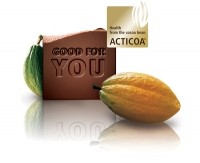
Method
Under the study, 37 healthy volunteers, aged 50-69 were randomized to receive a high flavanol diet (900 mg a day) through a cocoa-flavanol-containing drink prepared by Mars or a low flavanol diet (10 mg a day) for three months. Brain imaging and memory tests were taken before and after the study.
“When we imaged our research subjects’ brains, we found noticeable improvements in the function of the dentate gyrus in those who consumed the high-cocoa-flavanol drink,” said lead author Adam M. Brickman, associate professor of neuropsychology at the CUMC’s Taub Institute.
The high-flavanol group also performed better on the memory test. “If a participant had the memory of a typical 60-year-old at the beginning of the study, after three months that person on average had the memory of a typical 30- or 40-year-old,” said Small.
Which flavanol is responsible?
Mars flavanol research
Mars began its cocoa flavanol research program in the late eighties. The company is currently working on a five-year research project with 18,000 participants into possible heart-health benefits of taking a flavanol-rich supplement daily.
The Mars Symbioscience spokesperson said that while (-)Epicatechin - one of the four stereoisomers of cocoa flavanols - is believed to be responsible for cardiovascular benefits more research is needed to determine the specific cocoa flavanols responsible for cognitive improvements.
Dr Simon Ridley, Head of Research at Alzheimer’s Research UK, said: “This very small trial highlights some possible effects of flavanols found in cocoa beans over a short time period, but we’d need to see much longer, large-scale studies to fully understand whether a diet high in these flavanols could boost cognition in old age
He added: “The supplement used in this study was specially formulated from cocoa beans, so people shouldn’t take this as a sign to stock up on chocolate bars.”
Mars said that it had no immediate plans to pursue an EU health claim. The study was supported by grants from the National Institutes of Health, the James S. McDonnell Foundation, the McKnight Brain Research Foundation, and Mars, Incorporated.
Source:
Nature Neuroscience (2014), online ahead of publication
doi:10.1038/nn.3850
‘Enhancing dentate gyrus function with dietary flavanols improves cognition in older adults’
Authors: Lok-Kin Yeung, Wendy Suzuki, Hagen Schroeter, Melanie Wall, and Richard Sloan
